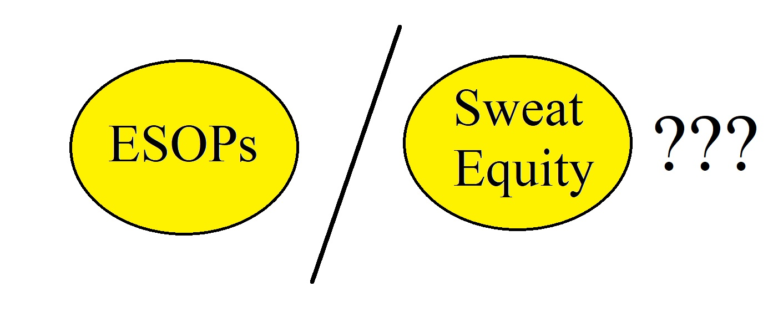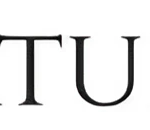
July 13, 2023
Blog
One of the major challenges of startups is recruiting and retaining quality talent. Without cash flows to pay handsome salaries and perks to this much-sought after talent, startups rely on Employee Stock-Options popularly known as ESOPs or sweat equity.
But what is the difference between the two?
Should a startup issue ESOPs or sweat equity?
What are the tax implications on the two?
Today we try to find answers to these questions.
Legal Provisions:
ESOPs are defined under S. 2(37) of the Companies Act, 2013 as per which an ESOP is an option
- Provided to directors, employees or officers of the company or its holding or subsidiary company
- which gives the right or benefit to subscribe or purchase the shares of the company
- at a predetermined price on a future date.
The procedure for issue of ESOPs is provided in Rule 12 of the Companies (Share Capital and Debentures) Rules, 2014
Sweat Equity Share is defined under Section 2(88) of the Companies Act, 2013 as shares issued by a company
- to its directors or employees
- for non-cash consideration or at a discount
- for making rights available in the nature of intellectual property rights or providing know-hows or any providing any value additions in any form.
Conditions for issue of Sweat Equity shares are provided in S. 54 of the Companies Act, 2013. The procedure of issue of sweat equity shares is regulated by Rule 8 of Companies (Share Capital and Debentures) Rules, 2014.
Element of Choice
ESOPs are an incentive in the nature of a right or option but carry no obligation. Thus, if the employees who are allotted such ESOPs do not exercise the option, they do not get any benefit from it.
Sweat equity is shares of the Company directly allotted to the employee for some valuable work done by him/her for the Company. There is no element of choice or option which the employee may or may not exercise. The shares are directly allotted to the employee.
Eligibility for Allotment
ESOPS can be allotted to persons who satisfy the below criteria:
- A permanent employee of the company who is working in India/outside India.
- A Director of the company, which includes a whole-time/part-time director but not an independent director.
- A permanent employee or director of a subsidiary company in India or outside India, or holding company, or an associate company.
Following employees are not eligible
- An employee who belongs to the promoter group or is a promoter of the company.
- A director who, either himself or through any body-corporate or through his relative, holds more than 10% of the company’s outstanding equity shares, whether directly or indirectly
Sweat Equity can be issued to the following employees:
- A permanent employee of the company working in India/outside India.
- A Director of the company whether whole-time or not.
- A permanent employee or director of a subsidiary company in India or outside India or holding company.
Consideration:
ESOPs are exercised by paying cash at the predetermined price.
Sweat Equity is paid in non-cash consideration like making rights available in intellectual property rights or providing know-hows or any providing any value additions in any form or at a discount.
Restrictions on Issue:
ESOPs- No restrictions on issue of ESOPS prescribed.
Sweat Equity – The company cannot issue sweat equity shares in excess of 15% of the already existing paid-up equity share capital in a particular year or shares of the issue value of Rs.5 crores, whichever is higher. Sweat equity shares in the company should not be issued more than 25% of the paid-up equity capital of that company at any time.
However, registered startups can issue Sweat Equity shares up to 50% of the Paid-up Capital for the period of 10 years from the date of incorporation.
Lock-in Period:
ESOPs- ESOPs do not have a lock-in period. The Company decides the lock-in period. ESOPs have a vesting period during which the employee does not the right to exercise the option. After the vesting period, the employees can exercise the options within the exercise period.
Sweat Equity- It has a compulsory lock –in period of 3 years as per the Companies (Share Capital and Debentures) Rules, 2014.
Pricing:
ESOPs- Company decides the exercise price.
Sweat Equity- A registered valuer determines pricing.
Reporting to MCA:
ESOPs- Company needs tomaintain a register of all ESOPs in Form SH-6.
Sweat Equity- Company needs to maintain a register of sweat equity shares in Form SH-3.
To understanding how taxation of ESOPs is done, stay tuned.




